Publishing pioneer Carmen Callil dies at age 84
Carmen Callil was a fiery and inspirational maverick who revolutionised the male-dominated publishing world when she founded Virago Books in 1973.
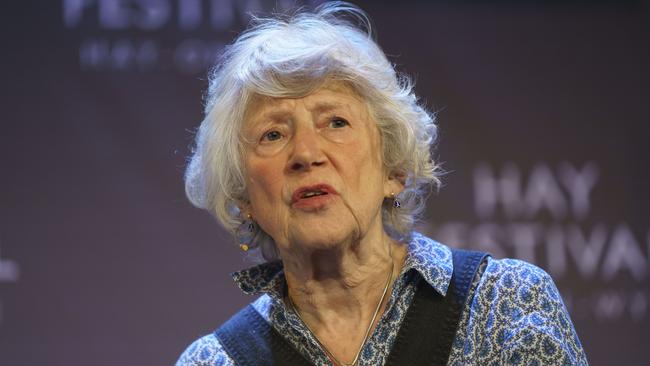
Carmen Callil, publisher and writer.
Born Melbourne, July 15, 1938. Died London, October 17, aged 84.
-
Carmen Callil was instantly identifiable in the book world as simply “Carmen”, a formidable personality carving a vivid swath through a staid, male-dominated community. As founder of the Virago Press, Britain’s first feminist publishing house, she possessed a unique voice.
Her temper was legendary and could be turned on anyone, even her authors, about whom she cared passionately. She was a grafter who expected others to graft too. Young underlings complained that she forgot their names and sent fierce memos. One wrote to her parents to say her boss was “alternatively wonderful, inspiring, funny AND horrid, bullying and bitchy”. Another ex-employee wrote a profile of her and mentioned that her staff were scared of her. “Scared? I hope so!” she replied.
“She was one of the world’s great quarrellers,” as another former colleague put it. “Nothing was ever simple with Carmen.” During one towering argument with a Virago writer she settled the point by picking up a pile of the author’s books and hurling them into a rubbish bin. She once fired her secretary, then called the police to try to have her removed from the building as quickly as possible.
Yet as an ever-more exasperated Robert Gavron, chairman of the Guardian Media Group, recalled: “She could be startlingly rude yet half an hour later she would be charm itself. She was impossible but she had a remarkable gift for friendship.”
By turns alarming and inspirational, Callil brought to Virago much more than an indomitable personality and a commitment to left-leaning causes. Feminism may have been her starting point but her steely commercial acumen and a fierce belief in literature were what made the difference.
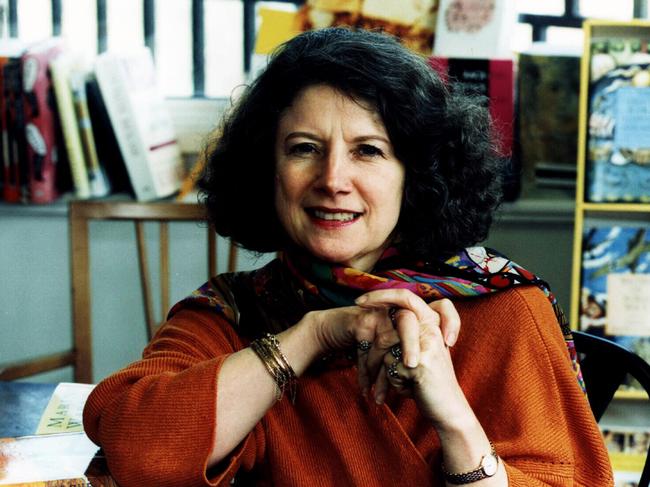
It was the launch in 1978 of Virago Modern Classics that transformed the company. With their stylish green spines and hint-of-the-transgressive colophons of a red apple with a bite out of it, they revolutionised British publishing in a way that had not been seen since Allen Lane’s Penguins in the 1930s.
The concept was Callil’s, who despite her adherence to Thomas Paine and utopian socialism, said: “It was my baby, though you’re not supposed to claim all the credit yourself. I am not a collective person.”
Virago quickly became one of the most desirable commodities in British publishing. In 1982 the company was bought by Jonathan Cape and Callil was appointed to run two distinguished imprints, Chatto and the Bodley Head, while holding on to the Virago chair.
Five years later, after a series of acrimonious disagreements with the Cape management, she bought Virago back, financed by her socialist benefactor, Gavron – but remaining in charge of Chatto and the Bodley Head. Despite this renewed independence, by the early 1990s Virago was close to collapse.
Relations between Callil and the Virago staff chilled. In 1995, with bankruptcy looming, Virago was taken over by Little, Brown. Callil stepped down as chairwoman, severing her links with the company she had founded, feminist solidarity glaringly absent. In truth, if Virago could never have survived its early struggles without Callil’s unique brand of fire and brimstone, she was ill equipped to lead it once it had become established. She thrived on chaos. The orderly business of balance sheets and board meetings left her flat-footed.
By the time of Virago’s 50th birthday party at the British Library in June this year, however, all Virago personnel, past and present, were thoroughly reconciled.
Quite at odds with her professional reputation was her life-enhancing love of fun. Callil loved parties and whatever she enjoyed – books, movies – she wanted to share. When The Rocky Horror Show opened in 1973 she took a whole row in the Royal Court Theatre and filled it with friends. She organised writer Angela Carter’s funeral in 1992 with a day of favourite films in the Ritzy, Brixton, and her own 60th birthday was a lavish feast at the River Cafe.
Her 80th was an even more splendid affair in the Long Room at Lord’s, cricket being her passion.
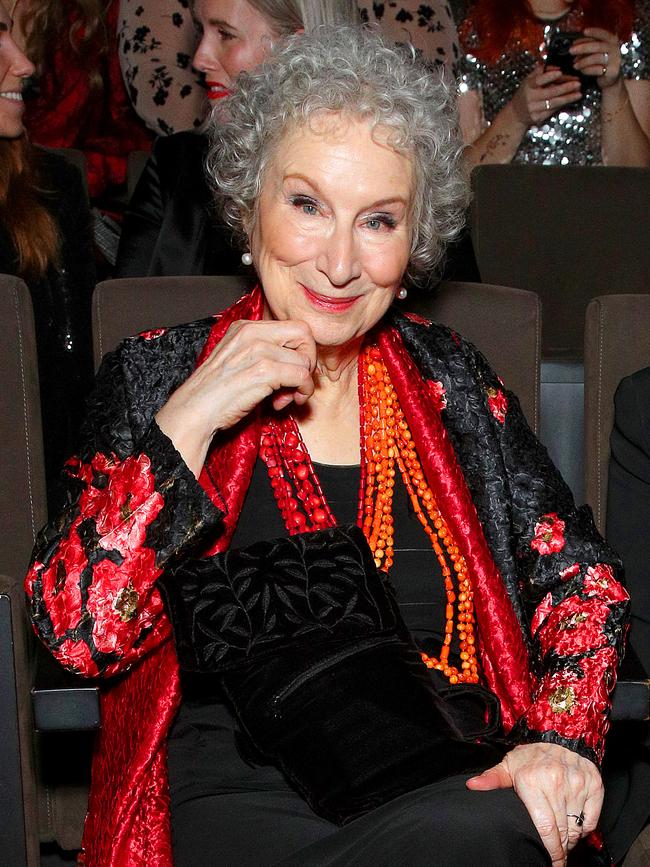
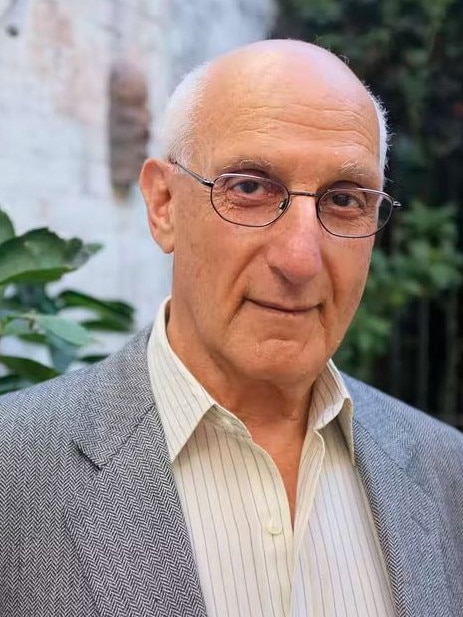
She was an excellent guest but her own dinner parties were always better, impassioned argument provoked and presided over by the hostess, along with uproarious laughter. She was besotted first by cats, then by a series of Norfolk terriers. Apart from cricket, her enthusiasms included tennis, France, cinema, antiques and old songs. Her party piece was Daddy Wouldn’t Buy Me a Bow-Wow. Her answerphone message was in her own voice, singing the old Bing Crosby song, “We’re busy doin’ nothin’/ Workin’ the whole day through/ Tryin’ to find lots of things not to do …”
Carmen Therese Callil was born in Melbourne in 1938. Her mother, Lorraine, was of Irish descent; her father, Frederick, a Catholic of Irish-Lebanese extraction, was a barrister who lectured in French at the University of Melbourne. He died when Carmen was nine. Her convent-school upbringing was rigidly conventional but the education was sound: “Reading Dickens made me what I am today,” she declared. By the time she graduated with a degree in English literature from Melbourne University, she was desperate to escape, and sailed for England on graduation day in 1960, self-styled “a dumpy little thing with a colonial accent and an inferiority complex” but at the same time “convinced I could do anything”.
She placed an advert in The Times: “Australian BA, typing: Wants job in publishing”. Having worked for the underground paper Ink and been an assistant buyer for Marks & Spencer, she was taken on by various publishers to run PR campaigns, most notably those for Helene Hanff’s 84 Charing Cross Road, and Germaine Greer’s The Female Eunuch.
In 1973, a year after launching her own PR company Callil, with Rosie Boycott and Marsha Rowe (soon to launch the radical feminist magazine Spare Rib), she founded the Virago Press, working in an office in Wardour Street in Soho, London, above a pinball arcade and a gentlemen’s hairdressers.
The company’s name, only partly ironical, was typical of Callil’s mix of marketing nous and iconoclastic provocation. The timing was significant: three years after the Equal Pay Act and two years before the Sex Discrimination Act. Its goal was “to become the first mass-market publisher for 53 per cent of the population – women”.
In September 1975, Virago published its first book, Fenwomen by Mary Chamberlain. Carter was among Callil’s first commissions. She revived Rosamond Lehmann’s The Weather in the Streets: Callil had often distributed a copy to friends who found themselves pregnant, like Lehmann’s heroine.
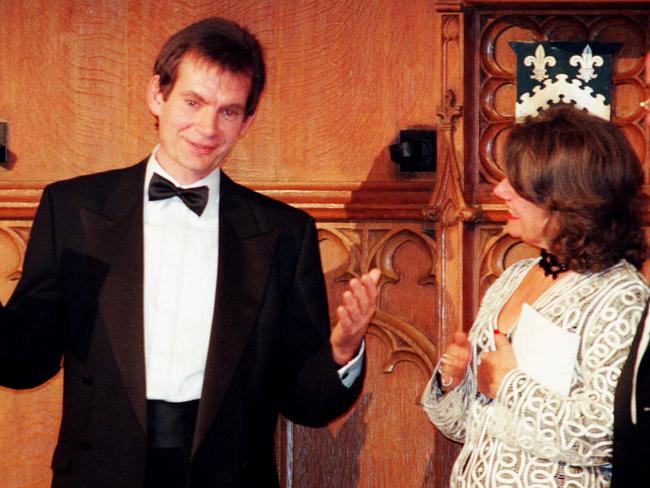
Though anxious to promote contemporary female writers, such as Margaret Atwood and Pat Barker, it was the republication of female writers from decades earlier that was Virago’s unique selling point. These were authors Callil had first discovered in her bibliophile father’s library at home: Rebecca West, EM Delafield, Willa Cather, Enid Bagnold, Antonia White, Elizabeth von Arnim and Mary Wortley Montagu, even Mrs Miniver, now recast as overlooked feminist icons, eclipsed by time. Testament of Youth, Vera Brittain’s anguished World War I autobiography, sealed Virago’s reputation. Reinforced by a sensitive television dramatisation, its success was huge. The book world was electrified. At a stroke, Virago had become one of the big players.
If it was a success that proved frustratingly hard to repeat, Callil had nonetheless shown her fiery brand of passion, commitment and conviction. But these attributes were out of step in the new world of conglomerate publishing.
By 1993 she was ousted from her position at Chatto and the Bodley Head. Random House, successor to Cape, briefly made her publisher at large, a title that meant little; at the same time its Knopf imprint in New York granted her the equally meaningless honorific of editor at large.
Despite the rollercoaster career, Callil remained a dominant and life-enhancing figure, a darling of the metropolitan media. She became a regular contributor to The Guardian, and later the Telegraph, book pages. Sample sentence: “This is the book of a silly woman who needs protection from herself.” She was a member of the board of Channel 4 between 1985 and 1991, and later a governor of the Museum of London.
In 1996 she proved a predictably controversial choice as chairwoman of the Booker Prize, harassing fellow judges and urging on them her latest favourite. (The winner was Graham Swift’s Last Orders.) In 1999 she co-edited with Colm Toibin The Modern Library: The 200 Best Novels in English Since 1950, a provocative alternative to a recently published government list of selected reading. In the same year she wrote a series of articles urging fellow Australians to vote against the Queen remaining as head of state. Republicans, she claimed, were always beautiful, monarchists invariably ugly.
For several decades Callil spent part of each year at her house in France, where she wrote her most important book, Bad Faith: A Forgotten History of Family and Fatherland (2006). It started like a memoir (“My childhood was my purgatory”) and described a suicide attempt, at the Villa d’Este on Lake Como, at the age of 22. This had led to Callil’s association with Anne Darquier, a psychiatrist, whom she consulted at 8am three mornings a week for seven years. On Monday September 7, 1970, Callil rang the doorbell at 59 Weymouth St for her usual appointment. But there was no answer: Darquier was dead.
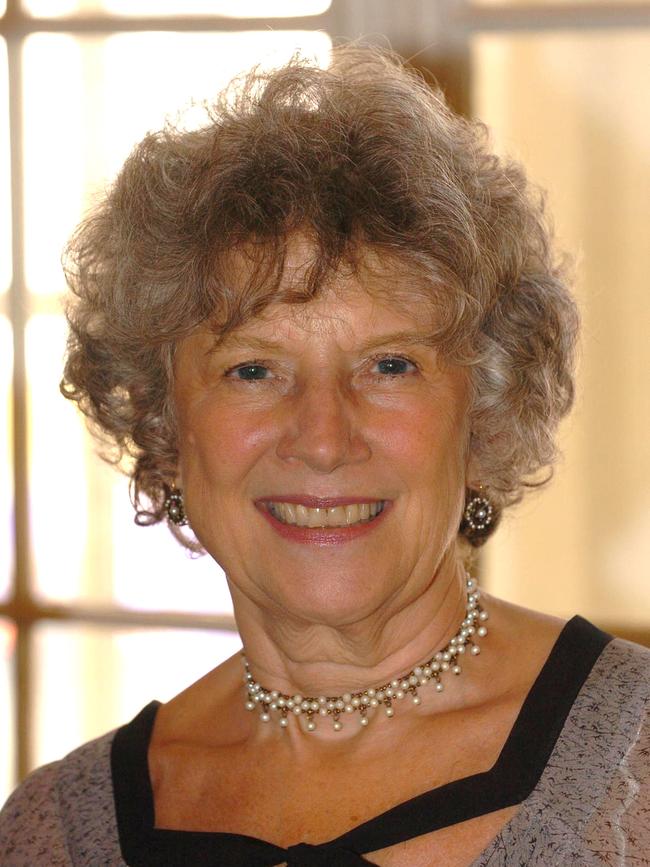
After her funeral, Callil discovered that Darquier’s father, Louis Darquier, about whom she had said “there are some things and some people you can never forgive”, had been commissioner for Jewish affairs in the Vichy government, the man responsible for sending hundreds of thousands of French Jews to Nazi concentration camps. For Callil, he personified the misogyny of evil. He was, she said, “the office bottom-pincher”, a shiftless sponger who affected a monocle and treated himself to an imaginary baronetcy.
As one reviewer wrote: “Righteous anger has always been one of Callil’s grand qualities … and her portrait of her anti-hero is a masterpiece of lacerating satire, worthy of any of the novelists she fostered.”
“Fostering” was a mild word for the care and attention she lavished on her authors. Her writers Iris, Antonia, William, Julian, Marina, David and Josephine (Murdoch, Byatt, Shawcross, Barnes, Warner, Malouf, Hart) were her friends. Although she called everyone darling, there was nothing superficial about her affections: she was dependable. And when she was briefly housebound after surgery for lung cancer, the queues of “friends of Carmen” had to be beaten back.
Though she never married, Callil had a series of intense affairs. Among the most enduring was with publisher Paul Hamlyn; another was with Michael Holroyd, who remained a lifelong friend after his marriage to Margaret Drabble. He was a neighbour in west London, where Callil created a series of tasteful cottage-style interiors and gardens.
In 2017 she was appointed a dame, but insisted that as an antipodean republican she was ignoring the BE part of DBE. She still referred to “the Brits”.
In 2020 she published Oh Happy Day, the story of her British ancestral family and their immigration to Australia. Earlier this year she celebrated 50 years of Virago Books – founded, she said, “because I couldn’t stand working for lazy men any more”. In a speech at the British Library in June she spoke of the bad side of the new world for writers: social media, cancel culture, the right of all authors to write without “sensitivity editors” and the need to restore freedom of expression.
She said she had always been attacked, often simply for being a boss. “But something it was most politically incorrect to state in those days was how splendid it was, for a woman born in 1938, to run a business, and to be the boss, albeit a flawed one, in the service of writers, books and social change.”
The Times
